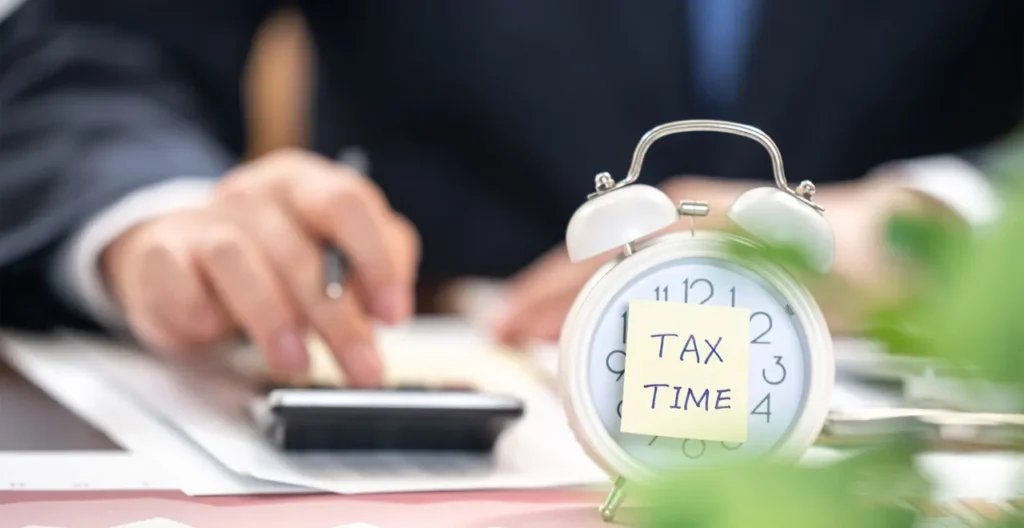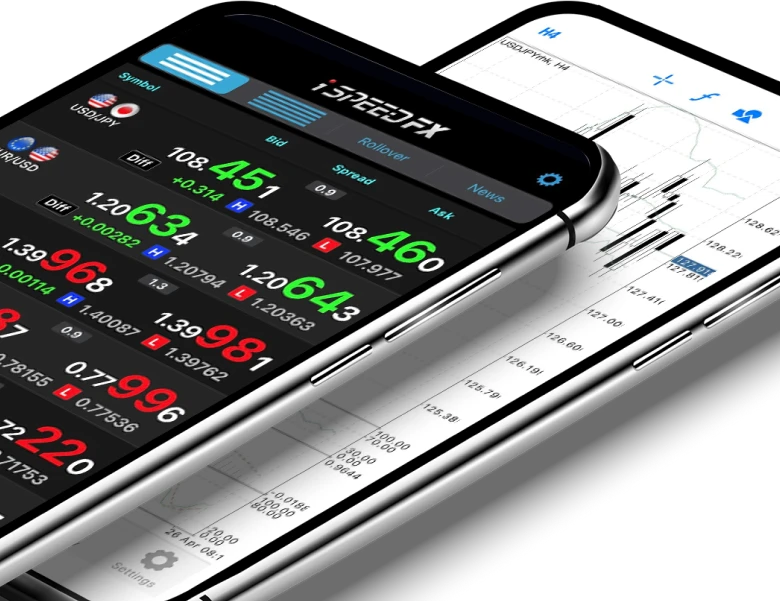Introduction: Where Thai Traders Stand in 2025
Digital trading is no longer niche. Across Thailand, more people are exploring alternative ways to grow their money—and forex and crypto have become two of the hottest picks. But while the buzz is real, the legal path isn’t always clear. This guide is designed to walk you through the essential steps to get started with forex and crypto trends in Thailand 2025, the right way.
Step 1: Learn What’s Legal Crypto Trends in Thailand 2025
Forex:
Thailand permits forex trading—but with strict oversight. Only licensed financial institutions (such as certain banks and authorized brokers) are allowed to operate. That means if you’re using an app from an overseas broker, you may be treading a legal gray zone. These platforms often operate without the protections that Thai regulators require.

Credit from : Trust Payments
Crypto:
Thailand’s Securities and Exchange Commission (SEC) has created a clearer framework for crypto. Licensed exchanges like Bitkub and Zipmex are approved to serve local investors. This makes crypto a more straightforward option for beginners who want to stay compliant.

Credit from : Freeths
Step 2: Choose Safe, Approved Platforms in Crypto Trends in Thailand 2025
To keep your money and data secure, only work with platforms that are either:
- Forex: Registered with Thailand’s Ministry of Finance or linked to reputable global brokers that disclose their regulation status.
- Crypto: Licensed by the Thai SEC and offering strong KYC (know your customer) protection.
Avoid anonymous platforms or brokers that offer unrealistic bonuses or leverage ratios—they’re often unregulated.

Step 3: Know the Risks and What to Expect in Crypto Trends in Thailand 2025
Here’s what to keep in mind before you start:
- Forex Risks:
- Leverage magnifies both gains and losses
- Withdrawal issues from offshore brokers
- Lack of recourse if something goes wrong
- Crypto Risks:
- Volatile price swings
- Hacking or phishing attempts
- New tax enforcement rules (be prepared to declare gains)
In both markets, risk management is not optional—it’s survival.

Step 4: Start Small and Build Up
Use these methods to get started wisely:
- Open a demo account on a reputable forex platform to simulate trades.
- Deposit a small amount into a Thai-licensed crypto exchange and begin with low-volatility coins or tokens.
- Follow official news from BoT (Bank of Thailand) and the Thai SEC to stay informed.
- Avoid “get-rich-quick” communities that push risky strategies or unverified signals.

Step 5: Develop a Long-Term Mindset
Don’t trade on emotion. Instead:
- Create a basic trading plan (goals, risk limits, assets of interest).
- Learn to read basic technical indicators.
- Keep a trading journal to track what works and what doesn’t.
- Accept that losses are part of the learning process.
By focusing on skill-building and research, you increase your chance of sustainable growth.
Conclusion: Smart Trading Starts with Structure
Whether you’re drawn to the global liquidity of forex or the innovation of crypto, Thailand’s trading scene in 2025 has clear—but narrow—legal channels. Starting with regulated platforms and realistic goals gives you the best chance of success.
Before funding any account, double-check its legal standing. If unsure, seek advice from a licensed financial consultant or review the Thai SEC and BoT websites.
Forex and crypto are not shortcuts—they’re tools. Use them wisely, and they might help you build something real.



